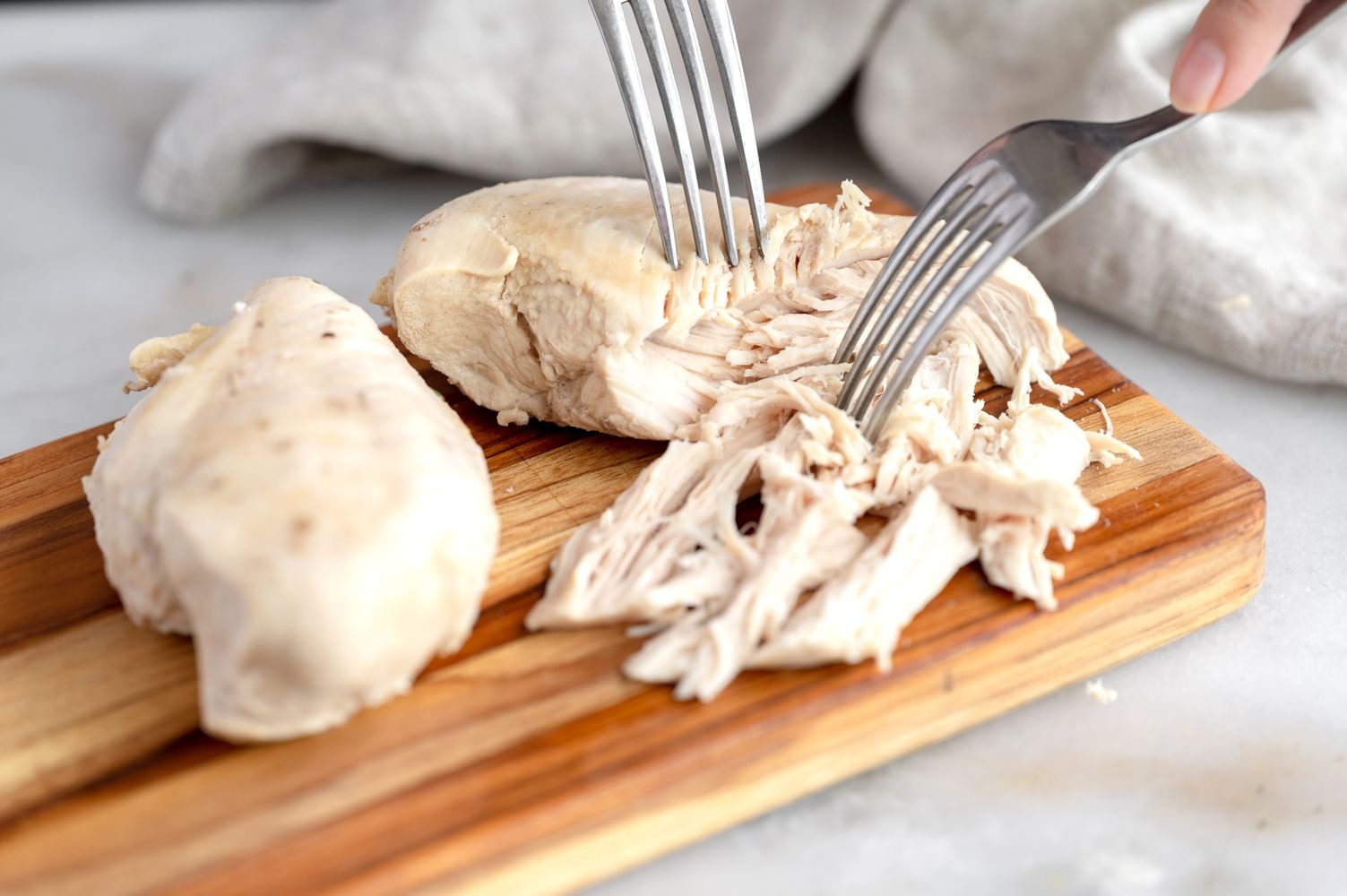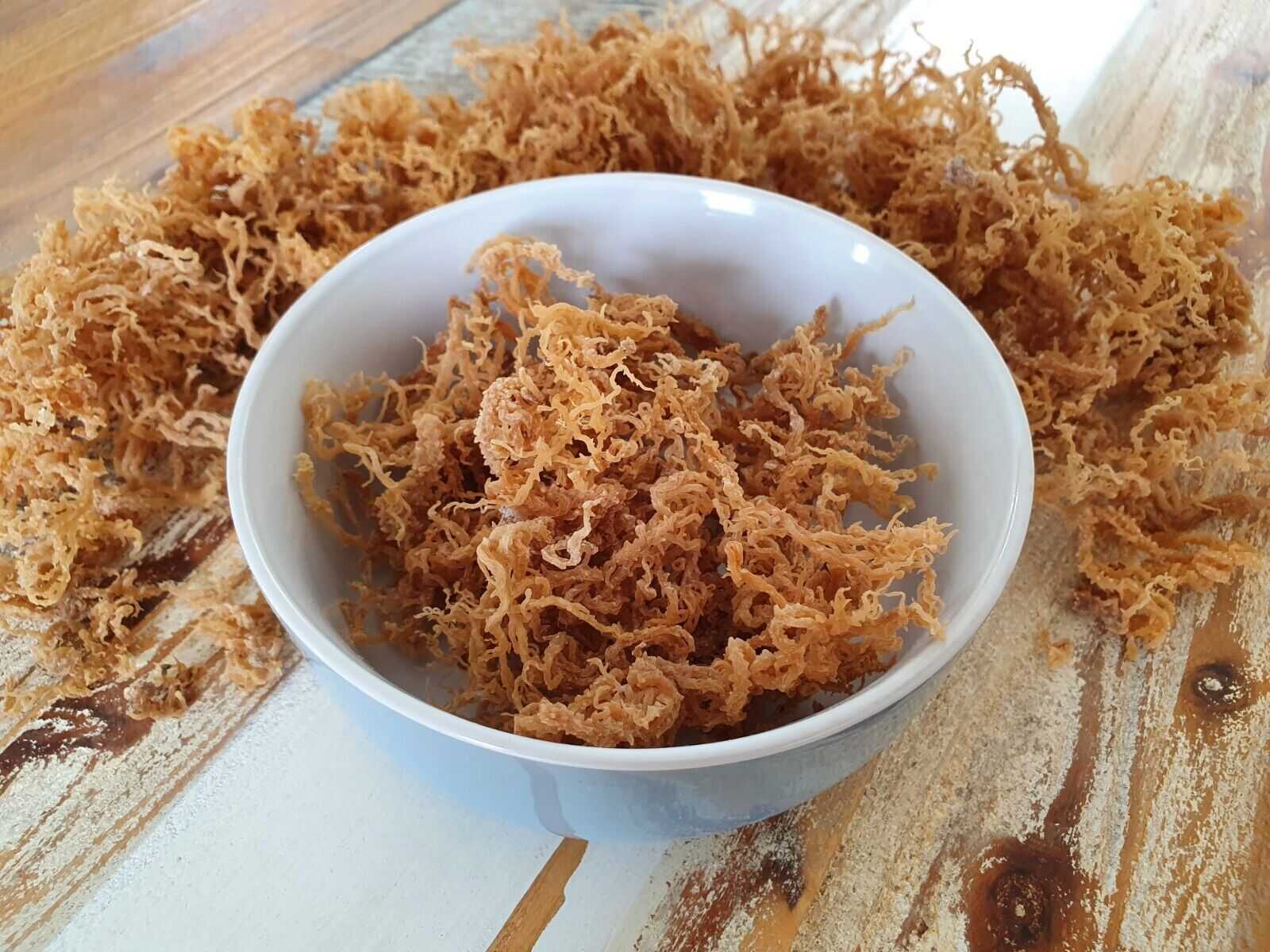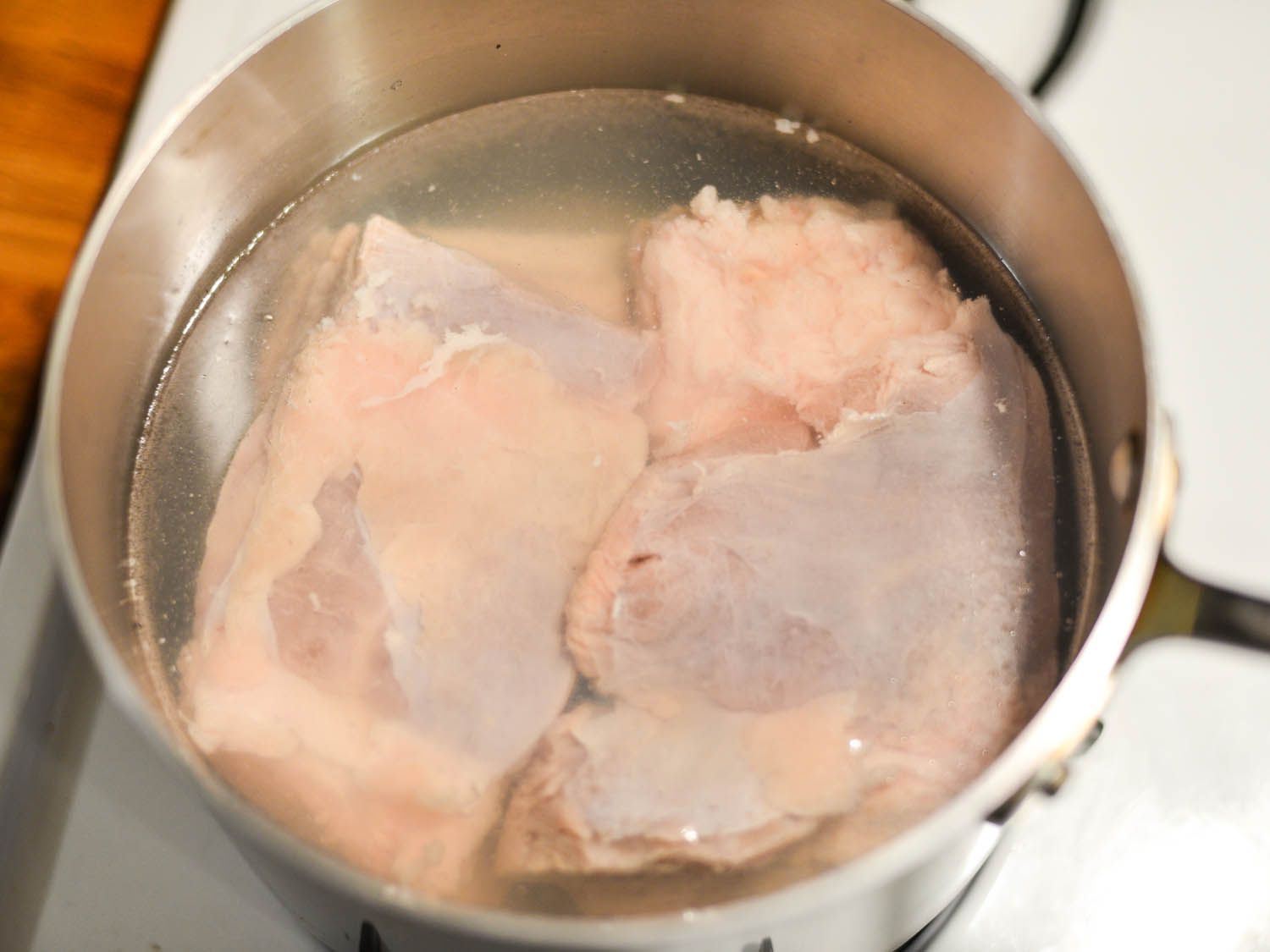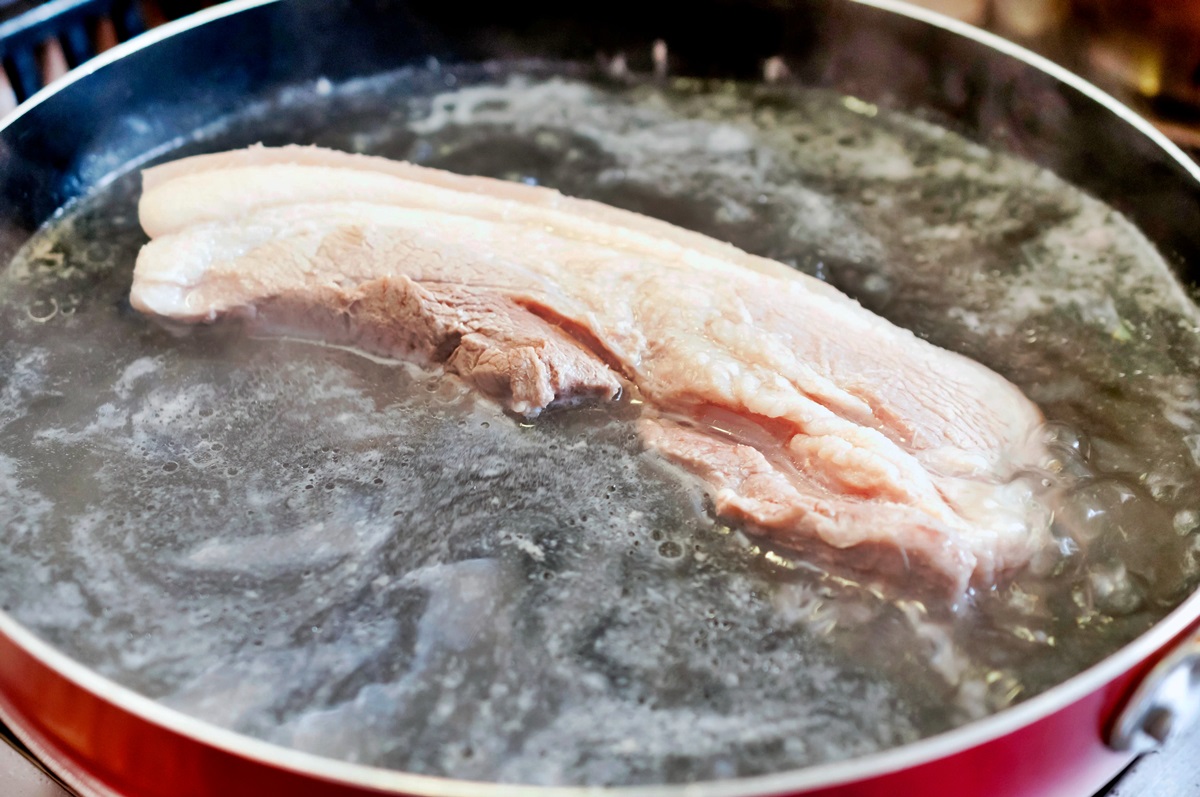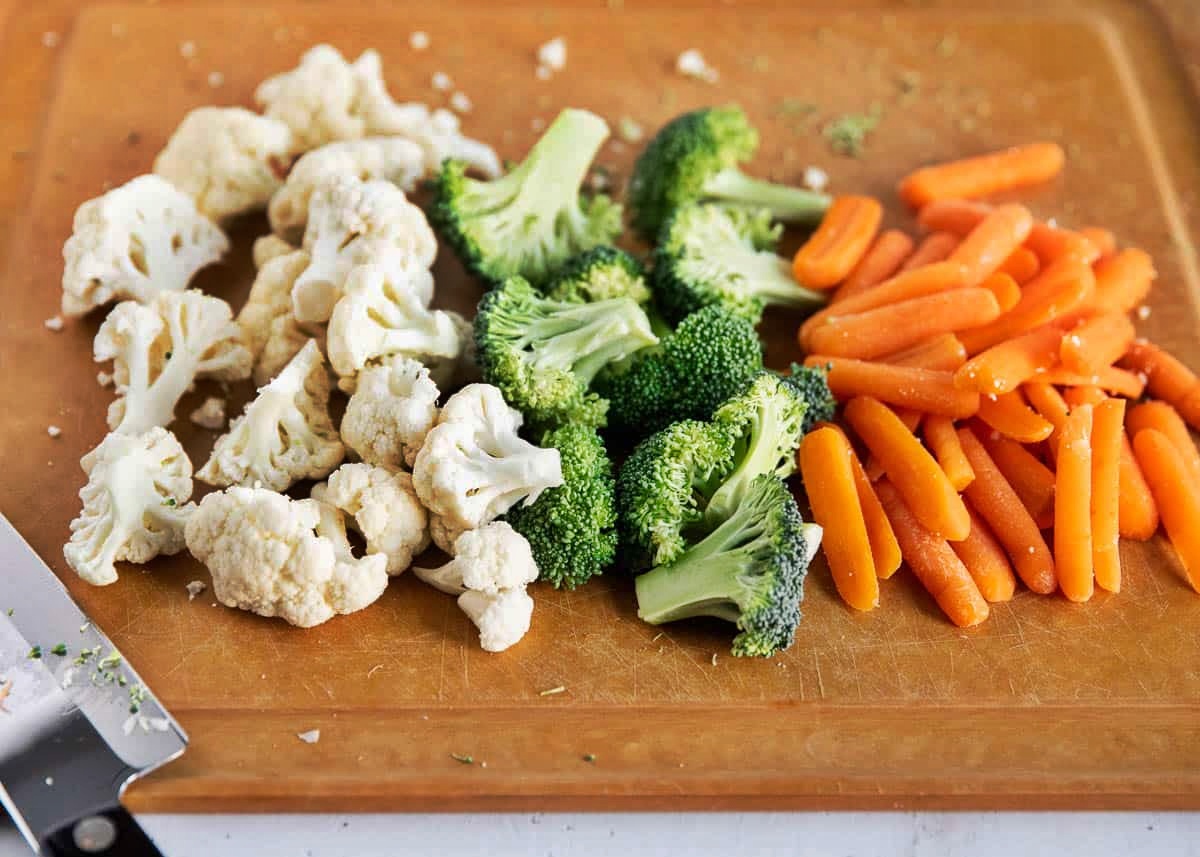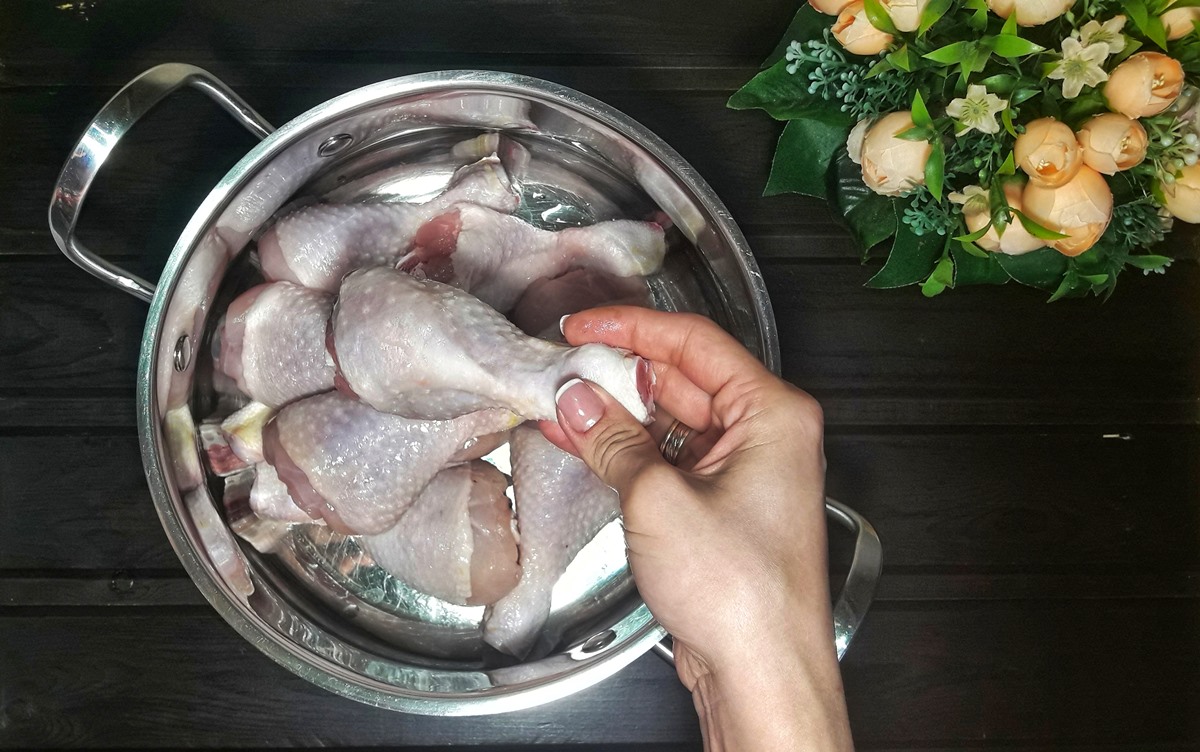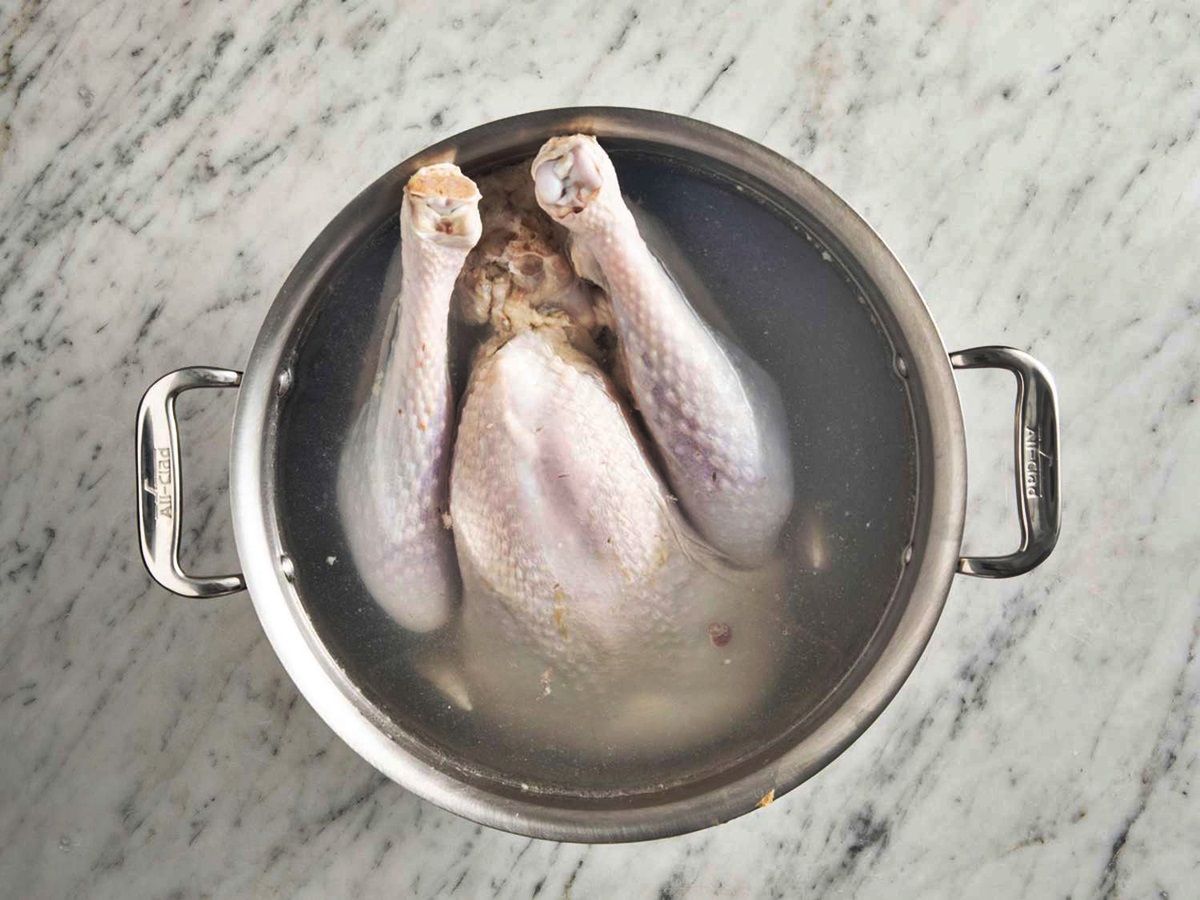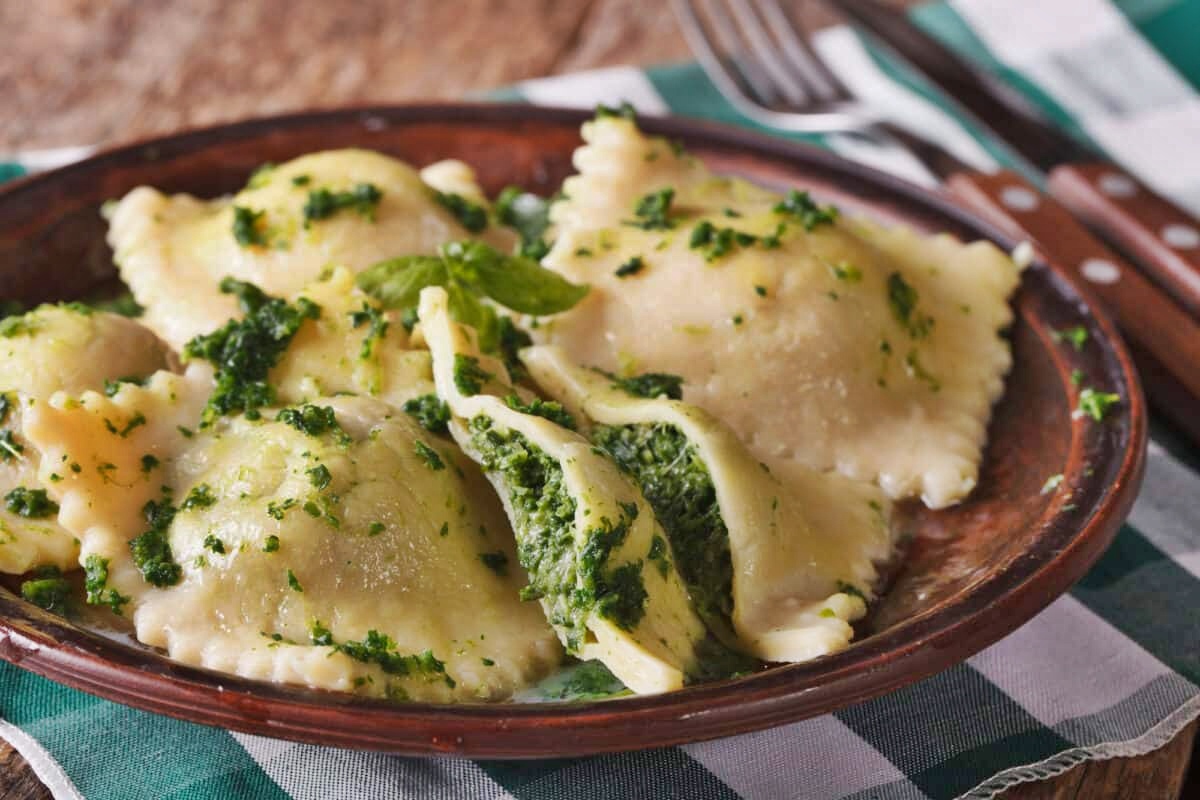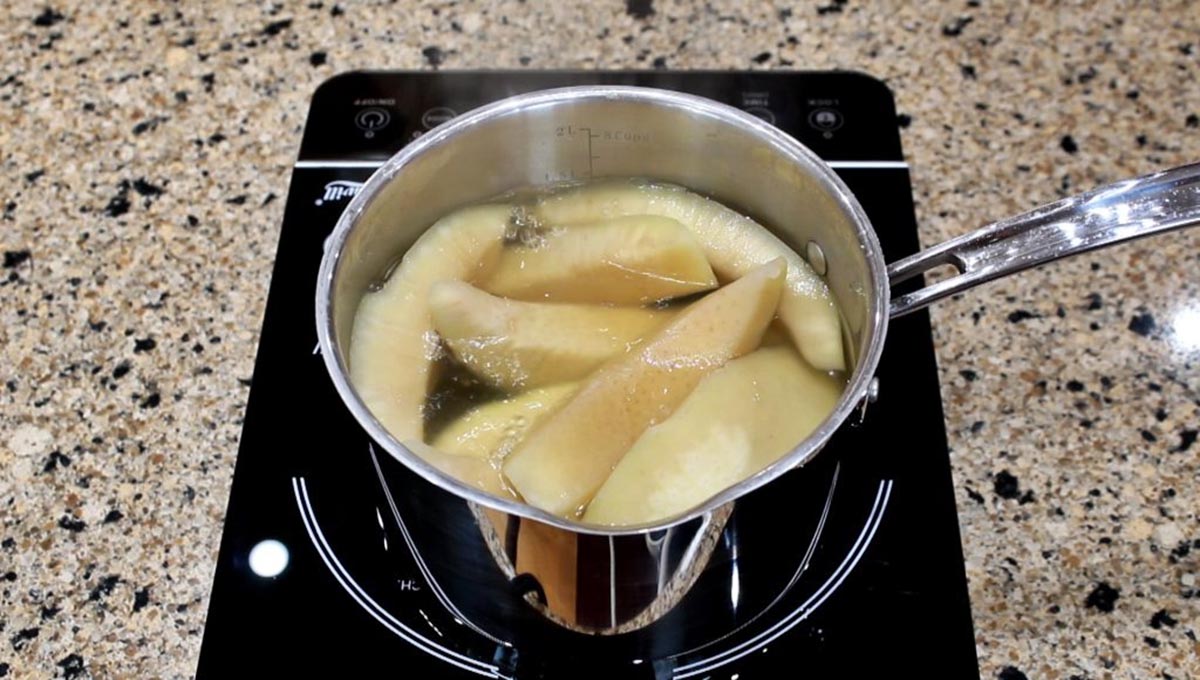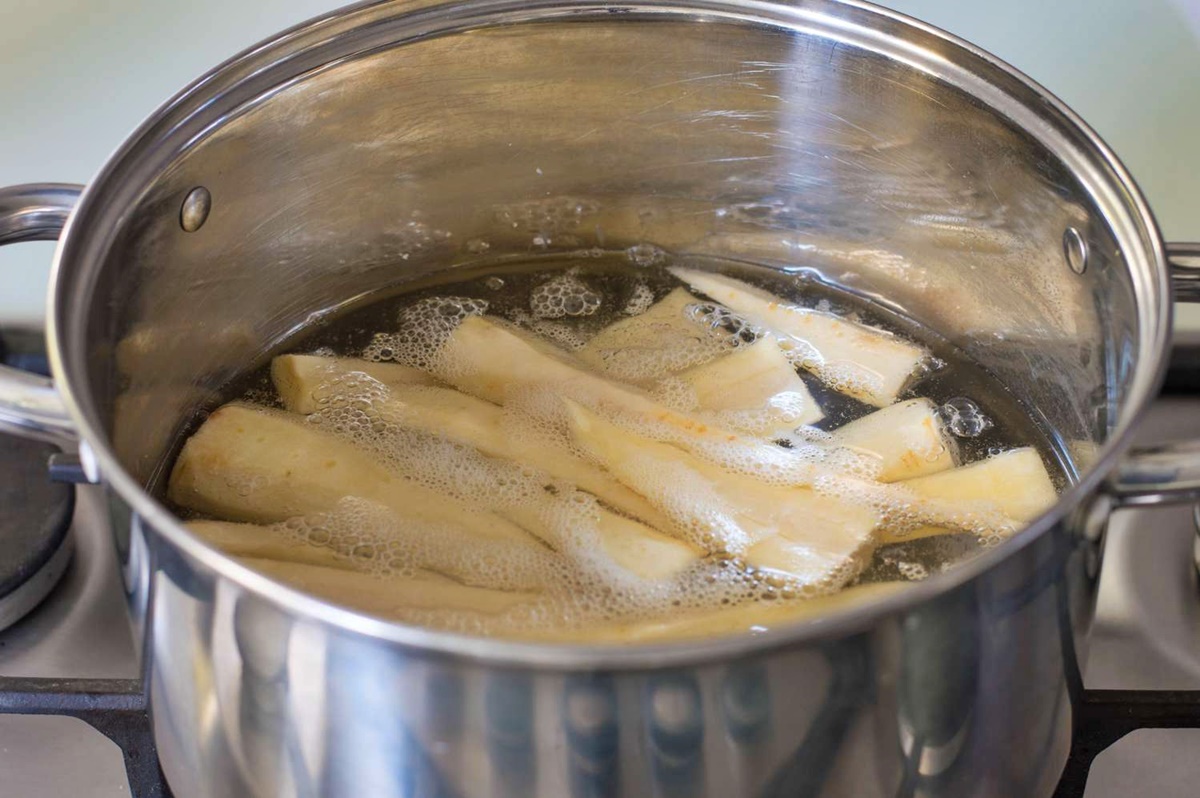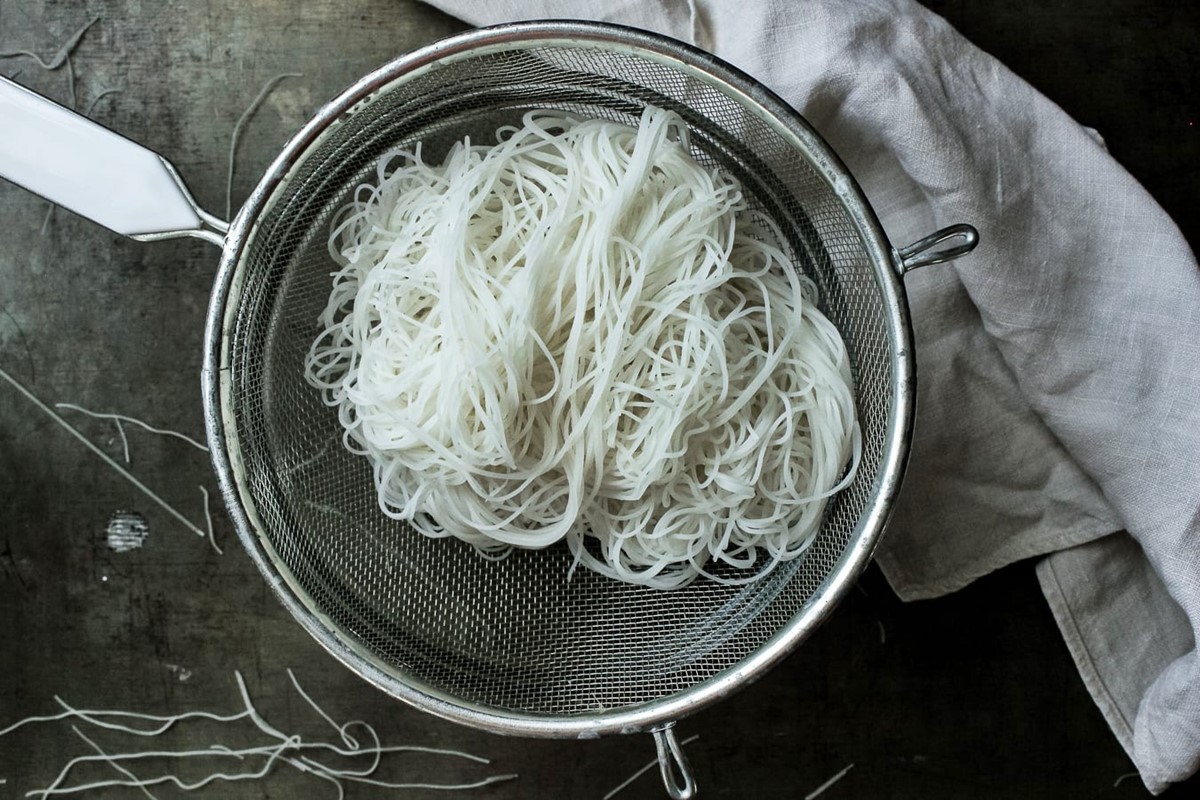How To Boil Chicken For A Cat
If you’re a cat parent, you probably want to provide the best possible nutrition for your feline companion. One way to ensure that your cat gets the protein they need is by boiling chicken for them. Not only is it a healthy and convenient option, but it’s also an affordable way to add variety to their diet. In this article, we will guide you through the process of boiling chicken for your beloved kitty.
Why Boiled Chicken?
Boiled chicken offers several benefits for your cat. It is a lean source of protein that is easily digestible, making it ideal for cats with sensitive stomachs or dietary restrictions. Boiling the chicken helps to retain its natural flavors while removing excess fat, making it a healthier option compared to other cooking methods.
Step-by-Step Guide:
- Choose the right chicken: Select boneless, skinless chicken breasts or thighs for your cat’s meal. These parts are low in fat and provide a good amount of protein.
- Prepare the chicken: Thoroughly wash your hands and the chicken to maintain hygiene. Trim any visible fat from the meat and cut it into small, cat-sized pieces.
- Get the right pot: Fill a pot with enough water to cover the chicken. Remember, water plays a vital role in cooking, so ensure you use enough to keep the chicken moist and tender.
- Add some flavor: Although cats enjoy the natural taste of chicken, you can enhance the flavor by adding a pinch of cat-friendly herbs, such as dried catnip or parsley. Remember to avoid seasoning with salt, as it can be harmful to cats.
- Boil the chicken: Place the pot on the stove over medium heat. Once the water starts boiling, carefully add the chicken pieces. Reduce the heat to low and allow the chicken to simmer for about 15-20 minutes or until fully cooked. To ensure the chicken is cooked through, you can check if the internal temperature reaches 165°F (74°C).
- Cool and serve: Remove the chicken from the pot and let it cool down. Once it reaches room temperature, you can serve it to your cat. Remember to cut the chicken into smaller pieces and remove any bones or cartilage before feeding it to your furry friend.
Feeding Recommendations:
When introducing boiled chicken to your cat’s diet, it’s important to do so gradually. Start by offering a small amount mixed with their regular cat food. Observe how they respond and monitor any potential digestive issues. If your cat enjoys the boiled chicken and tolerates it well, you can gradually increase the portion size.
Remember, boiled chicken should be served as a treat or supplement to a balanced commercial cat food diet. It should not replace a complete and nutritionally balanced diet designed specifically for cats. If you have any concerns about your cat’s diet or health, consult with your veterinarian.
So, there you have it – a simple guide on how to boil chicken for your cat. By following these steps, you can provide a tasty and nutritious protein option that your feline friend will love. Just remember to prioritize their health and well-being when preparing their meals.
DISCLAIMER: This article is for informational purposes only and should not be used as a substitute for professional veterinary advice. Always consult with a qualified veterinarian before making any changes to your cat’s diet or feeding routine.
More Delicious Recipes for Your Feline Friend
After mastering the simple yet essential skill of boiling chicken for your cat, why not venture further? The recipes provided offer a delightful array of choices that not only ensure your cat's health but also cater to their taste buds. For a wholesome meal, the Cat-Friendly Chicken and Rice Bowl stands out as a balanced option, combining the lean protein of chicken with the gentle fiber of rice. If seeking a more varied diet for your cat, consider trying the Chicken and Zucchini Slices Meal for Cats, which introduces vegetables into your cat's diet in a palatable way. Lastly, for those looking to treat their cats, the Chicken and Blueberry Mini Treats for Cats offer a unique blend of flavors and antioxidants, making them a recommended choice for a healthy, enjoyable snack.
Was this page helpful?
Read Next: How To Boil Tripe
